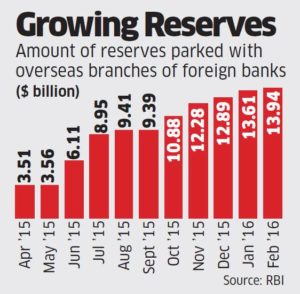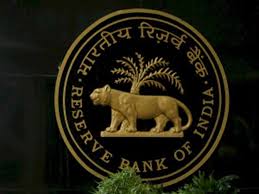
In a significant move towards a more progressive taxation policy the revenue officials have set an aggressive target of resolving about 100 transfer pricing issues by signing advance pricing agreements (APAs) with multinationals this fiscal, people close to the development said.
The government, through the Central Bureau of Direct Taxes (CBDT), had signed a record 55 APAs with multinationals in 2015-16. In all, the Indian government has signed 64 APAs, including 62 in the last two years. Now the government is getting more ambitious and officials are confident about achieving the target.
“We are already working on about 175 cases (APAs), and the target is achievable,” said a person close to the development. “Also, the officers who are dealing with the issue have now got fair amount of experience and work would be faster going ahead.”
Samir Gandhi, partner at Deloitte Haskins & Sells LLP, said, “In last one year, we have seen that the government has been very active in resolving the transfer pricing cases through the APAs. Going forward it is very likely that we will see more number of cases being resolved.”
An APA is mainly an agreement between a tax payer—mostly multinationals— and tax authority— CBDT in India’s case—where the transfer pricing methodology is determined. The methodology to calculate taxes could then be used for an agreed period of time on the tax payer’s future international transactions.
Transfer pricing disputes are mainly related to the calculation of profit made by multinational companies and how they have been shifted to their parent. Many firms have gone to court, challenging the government’s transfer pricing calculations. In July 2012, the government introduced the APA programme, which allows companies and the revenue authorities to negotiate the rate at which tax is to be paid and avoid disputes. Of the total APAs signed last year, 53 were unilateral agreements while two were bilateral agreements.
A unilateral APA is an agreement between the tax payer and the tax authority of the country (CBDT). A bilateral agreement is signed by these two plus the tax authority of the country where the multinational is headquartered.
Industry trackers expect that some more “complicated” APAs would be signed this year. “Going ahead some of these cases (APAs) will involve relatively complex cases/transactions and also application of TP methodologies of profit split and TNMM (transactional net margin method),” said Gandhi of Deloitte. Industry experts said the shift from a time when India was considered to be one of the most aggressive in the world on transfer pricing to the current situation has happened in last two years.
“There are primarily two developments which have happened in last one year in the context of transfer pricing disputes,” said Rohan K Phatarphekar, partner and national head, global transfer pricing services, at KPMG. “One is the government’s agenda of having a non-adversarial tax regime and improving the ease of doing business, which has resulted in lesser amount of transfer pricing adjustments, and the other is the CBDT circular clearly laying out the guidelines as to when a case needs to be referred for transfer pricing assessment which has reduced the overall number of cases picked up for scrutiny,” he said.
Experts also pointed out that the government’s stance on liberal transfer pricing comes at a time when many multinationals face the prospect of increasing disputes across the world. Due to new regulatory frameworks like Base Erosion and Profit Shifting (BEPS), transfer pricing disputes could go up in all major economies.
Companies and tax consultants said that not only is the Indian government going all guns to resolve old issues in last one year, but also there has been no major transfer pricing demand as officials did not take an aggressive stance. Currently there are about 650 pending cases in APA, according to a report by Deloitte.
Going ahead, a lot of disputes also set to be resolved due to mutual APAs signed between Indian authorities and their US counterpart. This is mainly because the US Internal Revenue Service (IRS) has started accepting bilateral APA applications with India from February 16, 2016, the Deloitte report said.








